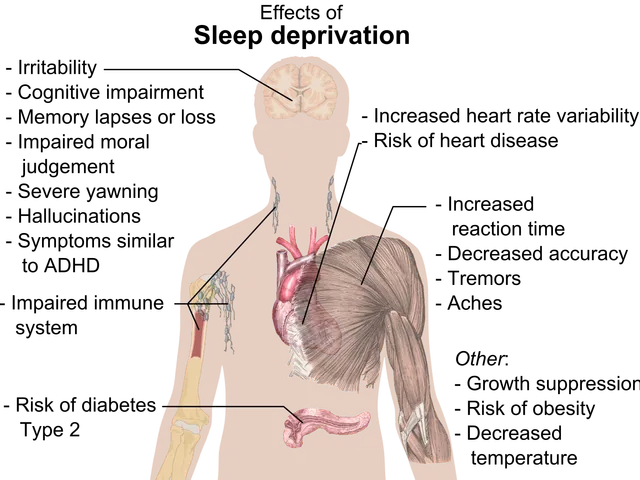Loosening the Grip on Abortion in Germany: A Call for Change
Medical Professionals' Commemoration Day Proposed to Ban Abortions
In a bold move, the German Medical Assembly has proposed relaxing the laws surrounding abortion in the country. This shift was announced following a resolution passed on Thursday in Leipzig, as reported by both the "German Medical Journal" and the "Medical Newspaper".
The medical professionals' association endorses regulating abortions during the first 12 weeks outside the Criminal Code, while maintaining the obligation for counseling for unwanted pregnancies. This measure, they believe, strengthens the provision of unwanted pregnancies' medical services and offers legal assurance to physicians conducting abortions.
Bolstering Supply and Legal Assurance
The German Medical Association asserts that this change would enhance the supply of medical services for unwanted pregnancies and bolster the legal certainty of the physicians performing abortions. Counseling requirements, they believe, offer a unique opportunity to protect both the woman and the unborn life.
However, political backing for such a step is not imminent. In the lead-up to the February federal election, the SPD and Greens advocated for this change, but fell short of attaining the required majority in the Bundestag. A bill proposing this regulation was presented by over 300 members of parliament, aiming to regulate abortions up to the 12th week after conception outside the Criminal Code.
The Fine Line Between Criminalization and Protection
Germany's Criminal Code, Paragraph 218, currently classifies abortions as illegal. However, the law allows for exemptions within the first 12 weeks of pregnancy following counseling and under certain medical conditions or in cases of rape. Nevertheless, critics argue that this regulation inadvertently criminalizes abortions, erecting barriers to quality healthcare. Those seeking to terminate a pregnancy, healthcare providers, and helpers would be stigmatized under this system.
Looking Ahead: A Contentious Path
As the conversation around abortion laws in Germany evolves, the call for reform persists. The country's stance on abortion remains more conservative compared to some other European nations. Ongoing efforts aim to challenge the status quo, with activists advocating for the decriminalization of abortion and a review of the Embryo Protection Act to ensure equal access to reproductive healthcare.
Recent developments include critical ethics consultations, which play a significant role in the legal framework surrounding abortions in Germany, and calls for alignment with international human rights standards. It remains to be seen how these debates shape the future of reproductive rights in Germany.
The German Medical Association emphasizes the need to move abortions outside the Criminal Code, suggesting that this change would improve the legal assurance for physicians conducting abortions and enhance the supply of medical services for unwanted pregnancies. However, the political backing for such a change is yet to be secured, as a bill proposing this regulation was presented but fell short of the required majority in the Bundestag.
Critics argue that the current regulation, as outlined in Paragraph 218 of Germany's Criminal Code, inadvertently criminalizes abortions, stigmatizing those seeking to terminate a pregnancy, healthcare providers, and helpers. In the face of these criticisms, activists advocate for the decriminalization of abortion and a review of the Embryo Protection Act to ensure equal access to reproductive healthcare, aligning with international human rights standards.
This ongoing debate over abortion laws in Germany not only involves general news and policy-and-legislation discussions but also touches on women's health, mental-health, and health-and-wellness concerns. The science community is closely watching these developments, as the future of reproductive rights in Germany hangs in the balance.
Engaging in critical ethics consultations and considering human rights perspectives could provide a pathway towards a more progressive approach to women's health, mental health, and reproductive rights in Germany, shaping the nation's stance on these issues in the days ahead.







